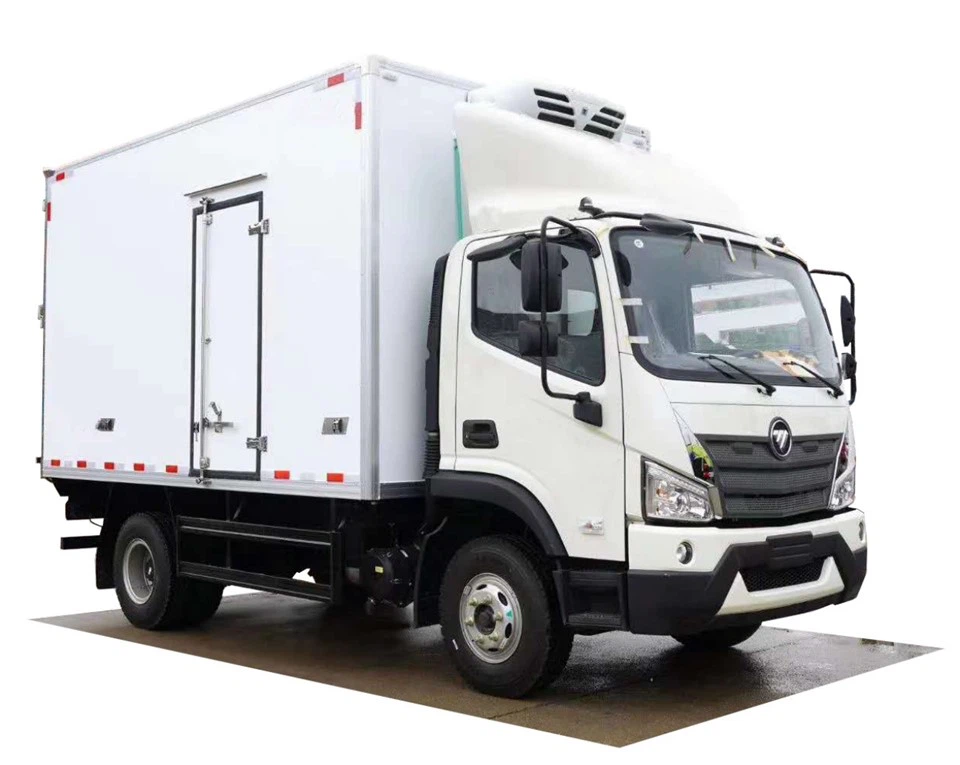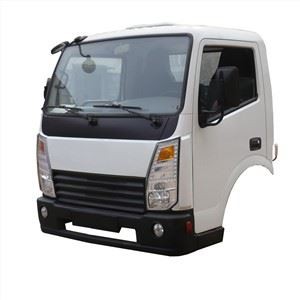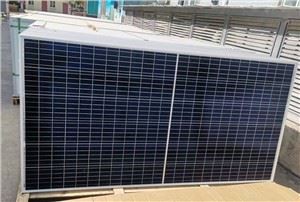Understanding Military Fuel Trucks: The Backbone of Tactical Operations

Introduction
Military fuel trucks play a crucial role in sustaining military operations. They are designed to transport and distribute fuel to various military units and equipment, ensuring that operations can proceed without interruptions. Fuel is essential for everything from vehicles and aircraft to generators and weapons systems. As military strategies evolve, the significance of these specialized vehicles has become increasingly evident. This article delves deep into the functions, specifications, types, and operational importance of military fuel trucks, offering insights that are essential for anyone interested in military logistics.
1. The Role of Military Fuel Trucks in Operations
Military fuel trucks are vital components of the supply chain in military operations. Their primary functions include:
1.1 Transportation of Fuel
Fuel trucks transport various types of fuel, including diesel, aviation fuel, and motor gasoline. The mobility of these trucks ensures that fuel is available at forward operating bases (FOBs) and other strategic locations where it is needed most.
1.2 Refueling Operations
These trucks are capable of refueling vehicles and aircraft on the battlefield, minimizing downtime and maintaining operational readiness. Rapid refueling is essential for maintaining pace during operations.
1.3 Supporting Logistics
Fuel trucks support logistical operations by serving as a mobile fuel depot. In remote or hostile environments, having fuel available can be a game changer.
2. Types of Military Fuel Trucks
Military fuel trucks come in various designs and configurations, tailored to specific operational needs. Here are some of the common types:
2.1 Refueler Trucks
These trucks are specifically designed for refueling purposes. They are equipped with pumps and hoses for direct refueling of military vehicles and aircraft.
2.2 Fuel Tankers
Fuel tankers are larger vehicles used for bulk fuel transport. They are equipped with larger tanks for long-distance transport and supply missions.
2.3 Deployable Fuel Systems
Deployable fuel systems are modular, self-contained units that can be set up quickly in the field. They incorporate fuel storage and dispensing systems, allowing for flexible fuel management in remote locations.
3. Key Specifications of Military Fuel Trucks
A military fuel truck typically features several critical specifications that enhance its operational capabilities:
3.1 Capacity
Fuel truck capacity can vary, typically ranging from 2,000 to 5,000 gallons. The size depends on the mission requirements and the operating environment.
3.2 Construction
These trucks are built with durable materials to withstand tough terrains and combat conditions. Reinforced chassis and protective coatings help resist corrosion and physical damage.
3.3 Pumping Systems
Most military fuel trucks come with advanced pumping systems that allow for quick transfer of fuel. Some models feature sophisticated filtration systems to ensure the quality of the fuel.
3.4 Mobility
The mobility of military fuel trucks is enhanced by 4×4 or all-terrain capabilities, allowing them to operate in challenging environments. Off-road capabilities are essential for accessing remote areas.
4. Operational Considerations
When operating military fuel trucks, several considerations must be taken into account:

4.1 Safety Protocols
Safety is paramount when handling and transporting fuel. Military operations require strict adherence to safety protocols to prevent accidents and spills.
4.2 Maintenance and Inspections

Regular maintenance and timely inspections are crucial to ensuring fuel trucks remain operational. Each truck must undergo routine checks to confirm fuel systems, pumps, and vehicles are functioning properly.
4.3 Training Personnel
Personnel involved in fuel operations must receive proper training. This includes understanding equipment usage, emergency procedures, and safety practices.
5. Integration with Technology
As military operations modernize, technology integration into fuel management becomes essential:
5.1 GPS Tracking
GPS tracking systems help monitor the location of fuel trucks in real-time, improving logistical planning and ensuring timely deliveries.
5.2 Automated Dispensing Systems
Automated fuel dispensing systems streamline refueling operations, minimizing human error and speeding up the process.
5.3 Data Analytics
Data analytics is used for fuel consumption tracking, enabling commanders to make better decisions regarding supply needs and operational plans.
6. Challenges Faced by Military Fuel Trucks
Despite their importance, military fuel trucks face several challenges:
6.1 Security Risks
Fuel trucks are often targets for enemy attacks. Ensuring their protection during transportation is crucial for operational integrity.

6.2 Environmental Factors
Operating in extreme weather conditions can affect fuel quality and the performance of fuel trucks, necessitating additional precautions.
6.3 Logistics Coordination
Effective coordination with other logistical operations is vital to ensure that fuel supply lines remain uninterrupted. Delays can have significant impacts on mission success.
7. Practical Examples of Military Fuel Truck Operations
Here are some real-world examples that highlight the importance of military fuel trucks:
7.1 Operation Desert Storm
During Operation Desert Storm, fuel trucks played an integral role in maintaining the logistical flow of fuel to coalition forces. Quick refueling capabilities allowed for swift advances in combat operations.
7.2 Current Deployments
In ongoing military operations globally, fuel trucks are vital for quickly establishing forward operating bases (FOBs) and ensuring that vehicles are always combat-ready.
8. Future Developments in Military Fuel Technology
The future of military fuel trucks may include significant advancements:
8.1 Alternative Fuels
As the military seeks to reduce reliance on traditional fuels, the integration of alternative energy sources, such as biofuels and electric vehicles, will become more common in fuel supply operations.
8.2 Enhanced Automation
Automated fuel management systems will continue to evolve, offering solutions for efficiently managing fuel supplies, tracking delivery vehicles, and monitoring usage rates.
9. Frequently Asked Questions (FAQs)
FAQ 1: What types of fuel do military fuel trucks carry?
Military fuel trucks commonly carry diesel, aviation fuel, and motor gasoline, among others, depending on operational needs.
FAQ 2: How are military fuel trucks different from civilian fuel trucks?
Military fuel trucks are designed to withstand harsher conditions, have specialized pumping systems, and often come with additional security features compared to civilian fuel trucks.
FAQ 3: How do fuel trucks ensure safety during operations?
Safety is ensured through strict adherence to protocols, regular maintenance checks, and training personnel in emergency procedures and proper handling techniques.
FAQ 4: Can military fuel trucks operate in extreme weather?
Yes, military fuel trucks are built with durability in mind, allowing them to operate in various climate conditions, though additional precautions may be necessary.
FAQ 5: What advancements are being seen in military fuel truck technology?
Current advancements include GPS tracking, automated dispensing systems, and a focus on integrating alternative fuel sources into military logistics.
FAQ 6: How are refueling operations conducted in the field?
Refueling operations involve deploying fuel trucks to the location of vehicles or aircraft in need, using onboard pumps and hoses for quick and efficient fuel transfer.
